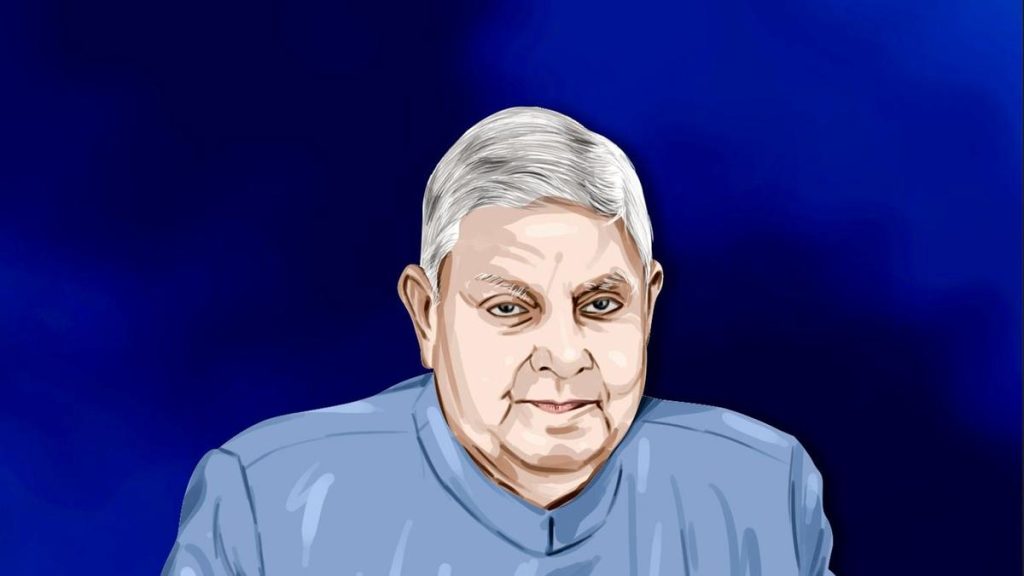Now Reading: CM Stalin Seeks Supreme Court Review of Waqf Amendments: MP Wilson
-
01
CM Stalin Seeks Supreme Court Review of Waqf Amendments: MP Wilson
CM Stalin Seeks Supreme Court Review of Waqf Amendments: MP Wilson
Quick Summary
- DMK MP P. Wilson criticized the BJP’s actions regarding amendments to the waqf Act, calling them “oppressive” during a discussion titled ‘Save Waqf, save Constitution,’ organized by the All India muslim Personal Law Board (AIMPLB).
- The 1995 amendments to the Waqf Act were deemed sufficient by Mr.Wilson, who said DMK Chief Minister M.K. Stalin passed a resolution opposing new amendments when they were introduced in Parliament in 2025.
- The BJP opposed this Assembly resolution and staged a walkout; its alliance partner AIADMK was also accused of betrayal by Mr. Wilson.
- The DMK sent two MPs to consultative meetings across India opposing these changes, participated in prolonged parliamentary debates, and voted against the Bill, which passed on April 4 and became law on April 5.
- Post-passage of the amended Act, Tamil Nadu CM Stalin called for it to be challenged in court; afterward, a case was filed on April 7.
- Justice D. Hariparanthaman contrasted these amendments with laws like the Hindu Religious and Charitable endowments (HR&CE) Act concerning donation restrictions under Section 104 of the revised Waqf Act.
- R. Vijayasankar criticized mainstream media for perpetuating hate against minorities and pointed out thier underrepresentation within media sectors.
- Panelists Advocate A. Arulmozhi,retired IAS officer G. Balachandran, and AIMPLB member Rahmathunissa also engaged in discussions.
Indian Opinion Analysis
The recent debate over amendments to the Waqf Act reflects broader tensions surrounding questions of religious autonomy versus government control over administrative matters related to minority institutions like waqfs (endowments). While critical voices emphasize increased centralization as detrimental or discriminatory-especially citing comparisons with similar majority-community-related laws-the BJP has argued its reforms aim toward openness and proper administration.
The advancement underscores critically important political divides: opposition parties like DMK view such changes as infringing upon constitutional protections for minorities while engaging judicial relief mechanisms post-enactment may prolong legal scrutiny at higher forums like the Supreme Court.
Potential future implications depend on court outcomes alongside changing public opinion amidst recurring concerns about communal harmony or government policies affecting specific groups’ rights-a larger narrative that could shape sociopolitical discourse leading up to future elections.






















